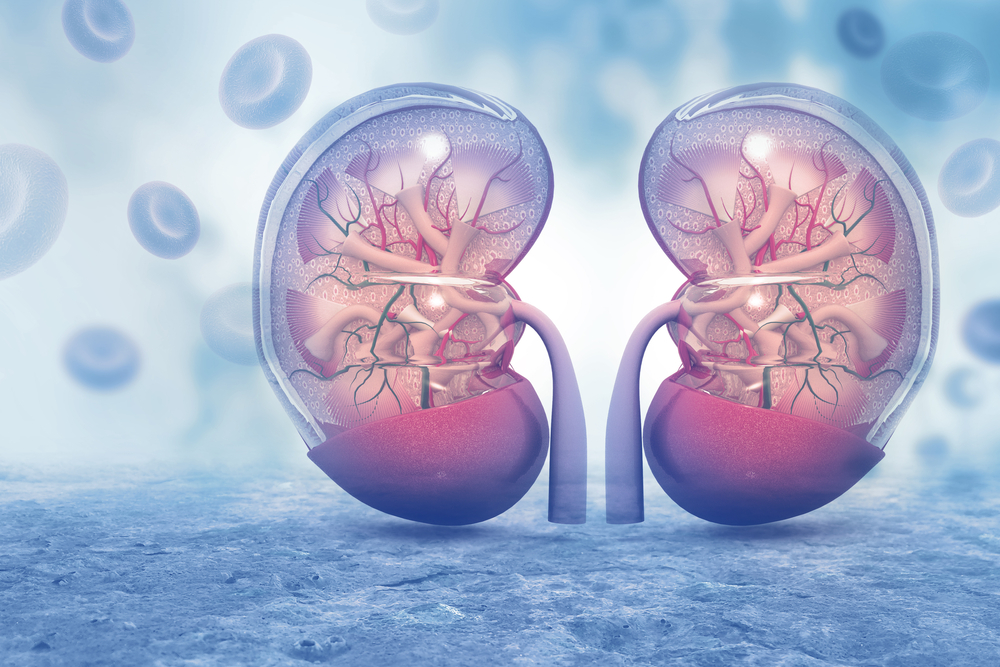Aurinia Says Biomarkers Help Predict Response to its Voclosporin Therapy for Lupus Nephritis

Canada’s Aurinia Pharmaceuticals says its experimental immunosuppressant drug voclosporin has shown promise in treating lupus nephritis (LN). Results of the recent AURION clinical trial also showed that certain biomarkers may help predict patients’ response to treatment with voclosporin.
Robert Huizinga, Aurinia’s vice-president of clinical affairs, presented the findings at the 12th International Congress on Systemic Lupus Erythematosus and 7th Asian Congress on Autoimmunity, held March 26-29 in Melbourne, Australia.
Voclosporin inhibits a protein called calcineurin, which activates immune T-cells, thereby blocking inflammation. The drug has a synergistic and dual mechanism of action that can potentially improve near- and long-term outcomes in patients with LN when added to standard of care.
AURION (“Aurinia Early Urinary Protein Reduction Predicts Response Study,” NCT02949973) enrolled 10 LN patients from two sites in Malaysia. Each patient received voclosporin (23.7 mg twice daily) combined with standard of care, namely mycophenolate mofetil and corticosteroids. Researchers examined disease biomarkers after eight weeks of treatment and their ability to predict response at 24 and 48 weeks.
After 48 weeks, according to the study, 71 percent of the patients under treatment remained in complete disease remission, as indicated by three biomarkers: urinary protein creatinine ratio (UPCR) of 0.5 mg/mg or less, eGFR (a measure of kidney function) within 20 percent of baseline, and concomitant steroid dose of less than 5 mg/day.
The team also found that a 25 percent reduction in UPCR after eight weeks of treatment predicted a good outcome in kidney response at 24 and 48 weeks. On the other hand, if proteins C3 and C4 (which are low in LN) were not at normal levels by week eight, a positive kidney response at later points in the study was very unlikely.
The study also showed that anti-dsDNA was not a valuable biomarker to predict long-term response in LN patients. Voclosporin was found to be well-tolerated by patients with no new side effects reported.
“Results from AURION demonstrated that an early UPCR reduction of 25 percent is the best predictor of renal response at 24 and 48 weeks,” Neil Solomons, MD, Aurinia’s chief medical officer, said in a news release. “In addition, the use of C3 or C4 improves the precision of predicting if a patient will achieve a clinical response. This exploratory study is supportive of the successful AURA Phase 2b study and continues to inform us of optimal ways to evaluate renal response in future LN trials.”





